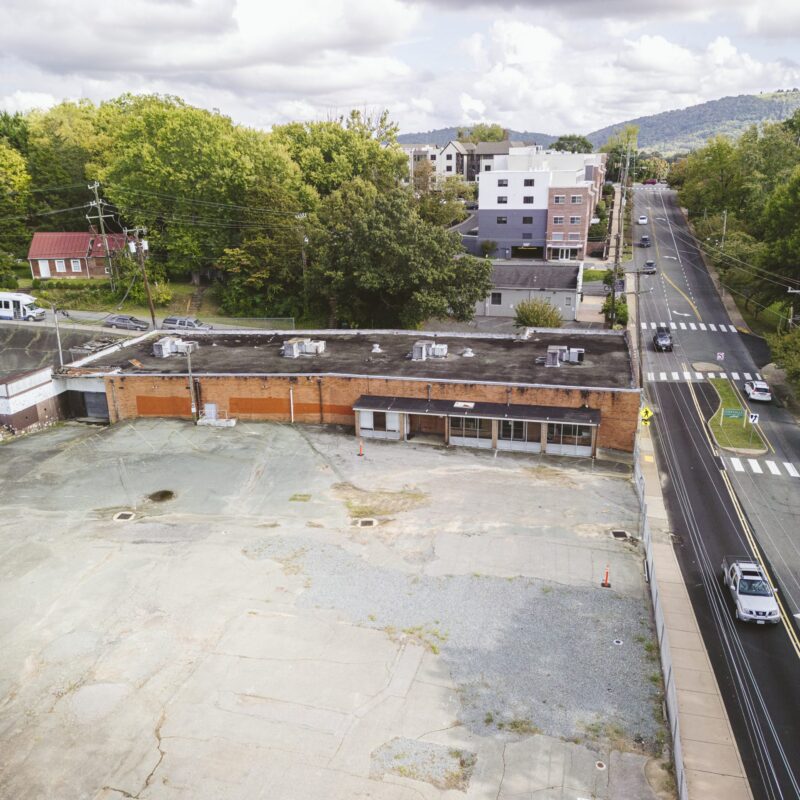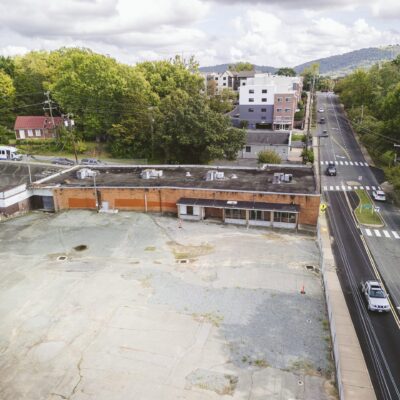Almost two years ago, in March 2007, 1,600 local churchgoers, organized by a group called IMPACT, congregated in the Martin Luther King, Jr. Performing Arts Center and grilled local leaders about whether they would support additional funding for affordable housing.
Though a majority of county supervisors wouldn’t commit to a specific amount of funding, IMPACT did push the city, county and UVA to create a joint affordable housing task force.
And after a year of meetings, task force members David Slutzky, a county supervisor, and Satyendra Huja, a city councilor, unveiled at a press conference this morning a host of recommendations for the county and city that ranged from creating a new Regional Housing Fund to paying a living wage for government employees.
The task force was “pretty close to consensus” with the recommendations it made, said Slutzky. “We want to move forward with as many recommendations as possible, as swiftly as possible.”
But, considering the budget woes facing state and local government, even the top priority of the task force—increased local funding on a permanent, annual basis for affordable housing—will be difficult to achieve. Slutzky also acknowledged that “the city has been far more proactive than the county has, historically.”
Though many members of the committee were present, no representative from UVA was at the press conference. About a dozen recommendations applied to the city and the county—only four referenced the University, and they were usually worded with softer language, such as that UVA should “consider” developing housing high-density, mixed-income sites for grad students and employees, or that it should continue to house first-years—something it already does.
“There are limits to what they’re legally allowed to do,” said Slutzky, referring to their educational mission. “They’re in a different situation than we are, and that’s O.K.”
Neil Williamson, executive director of the Free Enterprise Forum, criticized the report for not addressing how increased regulation makes housing more expensive.
“I firmly believe that to consider regulatory reform tangentially related to the affordable housing issue misses the point,” said Williamson. “The city is being aggressive in streamlining the process. The county is woefully behind.”



